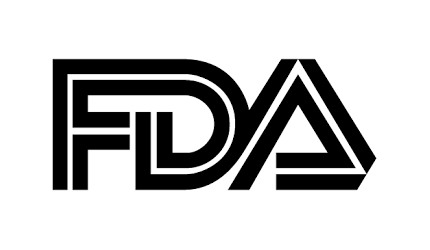
FDA Approves First Treatment for Sexual Desire Disorders
The FDA has approved the first treatment for sexual desire disorders, Sprout Pharmaceutical’s Addyi (flibanserin) to treat acquired, generalized hypoactive sexual desire disorder in premenopausal women.
The FDA characterizes HSDD as low sexual desire that causes marked distress or interpersonal difficulty and is not caused by coexisting medical or psychiatric conditions, problems within the relationship or the effects of a medication or other drug substance. The most common adverse reactions associated with use are dizziness, somnolence, nausea, fatigue, insomnia and dry mouth.
Addyi is being approved with a boxed warning because it can cause severely low blood pressure and loss of consciousness. These risks are increased and more severe when patients drink alcohol or take the drug with moderate or strong CYP3A4 inhibitors that interfere with the breakdown of Addyi in the body.
The FDA’s Bone, Reproductive and Urologic Drugs Advisory Committee and Drug Safety and Risk Management Advisory Committee jointly recommended approval of Sprout’s female libido drug in June, despite lingering safety concerns. The advisors also recommended that using labeling to manage risks was not acceptable and that stronger risk-management plans be required.
The agency is requiring a risk evaluation and mitigation strategy that orders prescribers be certified by enrolling and completing training. Certified prescribers must counsel patients, using a Patient-Provider Agreement Form, about the increased risk of severe hypotension and syncope and about the importance of not drinking alcohol.
This is the third time Addyi came before the agency seeking approval. The FDA turned down the first request in 2010 after an advisory panel said the benefits didn’t outweigh the risks. Boehringer Ingelheim, which developed the drug, sold it to Sprout, which conducted more trials before resubmitting its NDA. The FDA again rejected the drug in 2013. — John Bechtel
